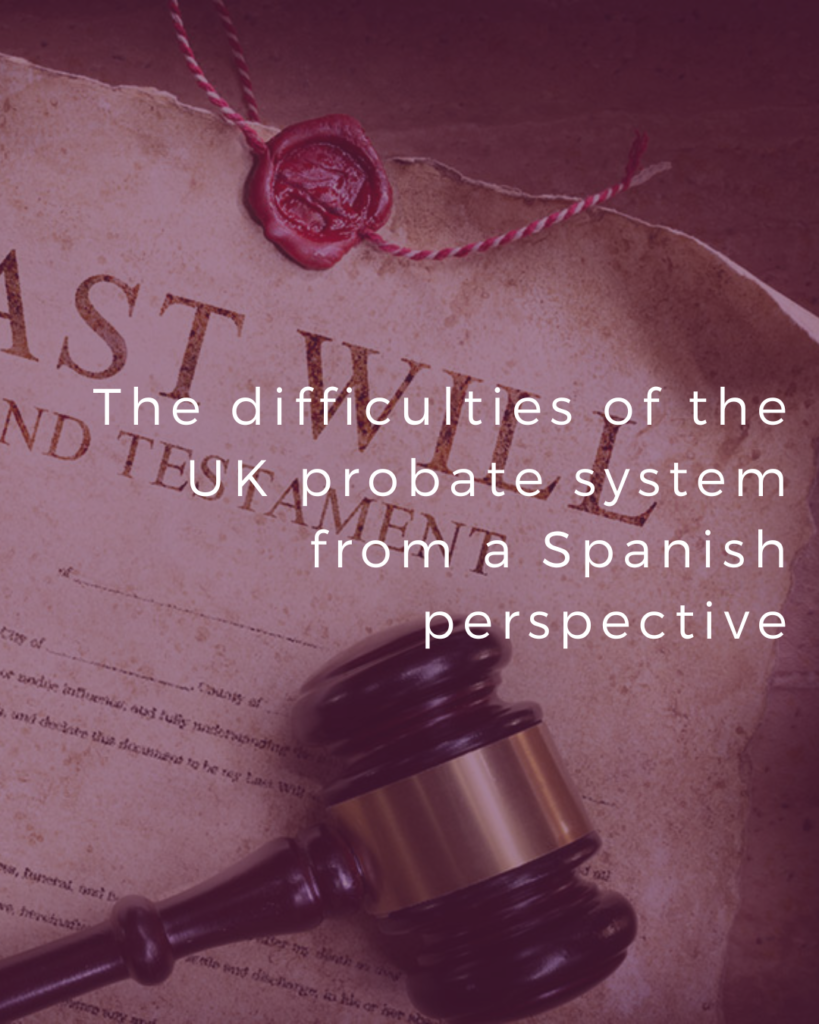A recent press release from the Consejo General del Poder Judicial (General Council for the Judiciary) reports an interesting ruling of the Spanish Supreme Court. The decision, of 19 June 2012, ratifies the one of the previous instance according the registration in a Spanish Land Registry of a deed of sale of an immovable located in Spain, notarized by a German Notary. Taking into account the rules of private international law the Supreme Court confirms the validity of the foreign deed in Spain as a basis for a Registry record.
In the instant case litigation arose from the sale of an apartment in Tenerife, which was acquired undivided by two German citizens. One of them sold his share to a third party with the consent of the other; the transfer was formalized by a German notary and the acquirer sought to have it recorded in the Land Registry of Puerto de la Cruz. The registrar refused, considering that the German document lacked full legal force in Spain; his decision was upheld by the General Directorate for Registries and Notaries, but rejected on appeal both by the Court of First Instance and the Audiencia Provincial, as well as by the Supreme Court.
According to the Supreme Court, a decision such as the one taken by the registrar and supported by the General Directorate cannot be approved under the current understanding of the freedom to provide services at the European Union level; also, to require the involvement of a Spanish Notary would mean an unjustified limitation to the freedom of transfer of goods. Article 1462 of the Spanish Civil Code, which applies in the case, equates issuing of a public deed with delivery of the sold thing; the provision does not require that the deed be granted by a Spanish Notary public, therefore a formally valid deed granted by a foreign Notary will have the same effect (in terms of equation with delivery) as one notarized in Spain. The Supreme Court believes that this interpretation matches the EU tendency to avoid duplication of formal requirements, once they have been fulfilled in a member State for a purpose identical or similar to that required in the State where the act thus documented aims to produce effects. To back this opinion the Court leans on the Commission’s Green Paper of December 14, 2010 entitled “Less bureaucracy for citizens: promoting free movement of public documents and recognition of the effects of civil status records”; on the consistency of the understanding with the Spanish regulation on foreign investments, which does not require that contracts be notarized by a Spanish Notary; and on Article 323 of the Spanish Civil Procedure Act, which accords full evidential effect to public documents formalized abroad when comparable to the Spanish “escritura pública” in as far as the role of the Notary is concerned, regardless of the formal differences.
Two members of the Court do nevertheless dissent with the idea that Article 1462 Civil Code allows for the same treatment to be granted to Spanish and foreign deeds, as, according to the provision, equation between the public deed and the delivery of the sold asset is excluded when the deed states (or it can easily be inferred) otherwise. In this regard, the differences between the German and the Spanish systems for the conveyance of ownership justifies the need for the intervention of Spanish Notaries: only they can safeguard the essential rules of the legal transfer of property that governs our country, which is that of título y modo (grounds of acquisition followed by the traditio or delivery)






